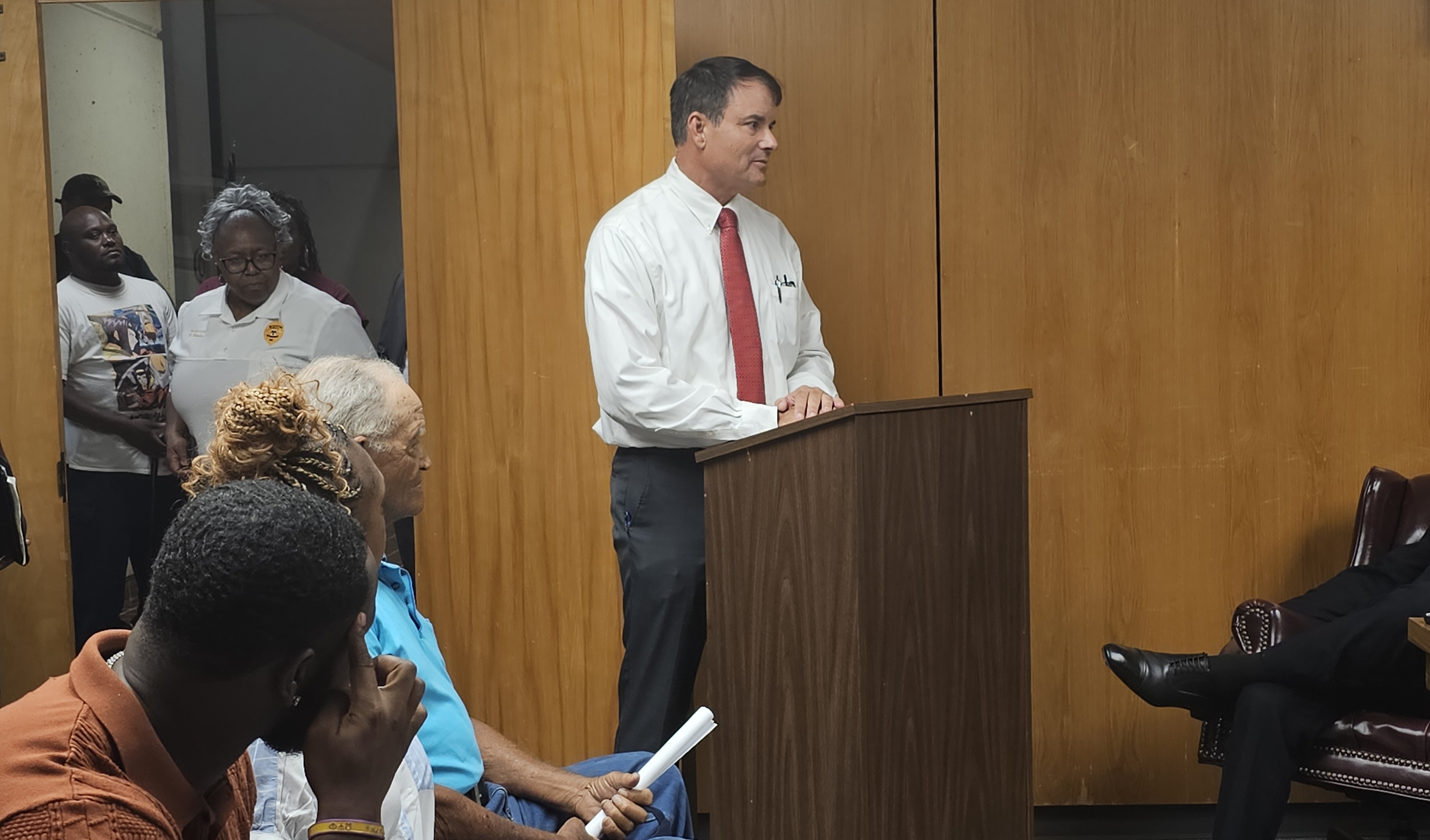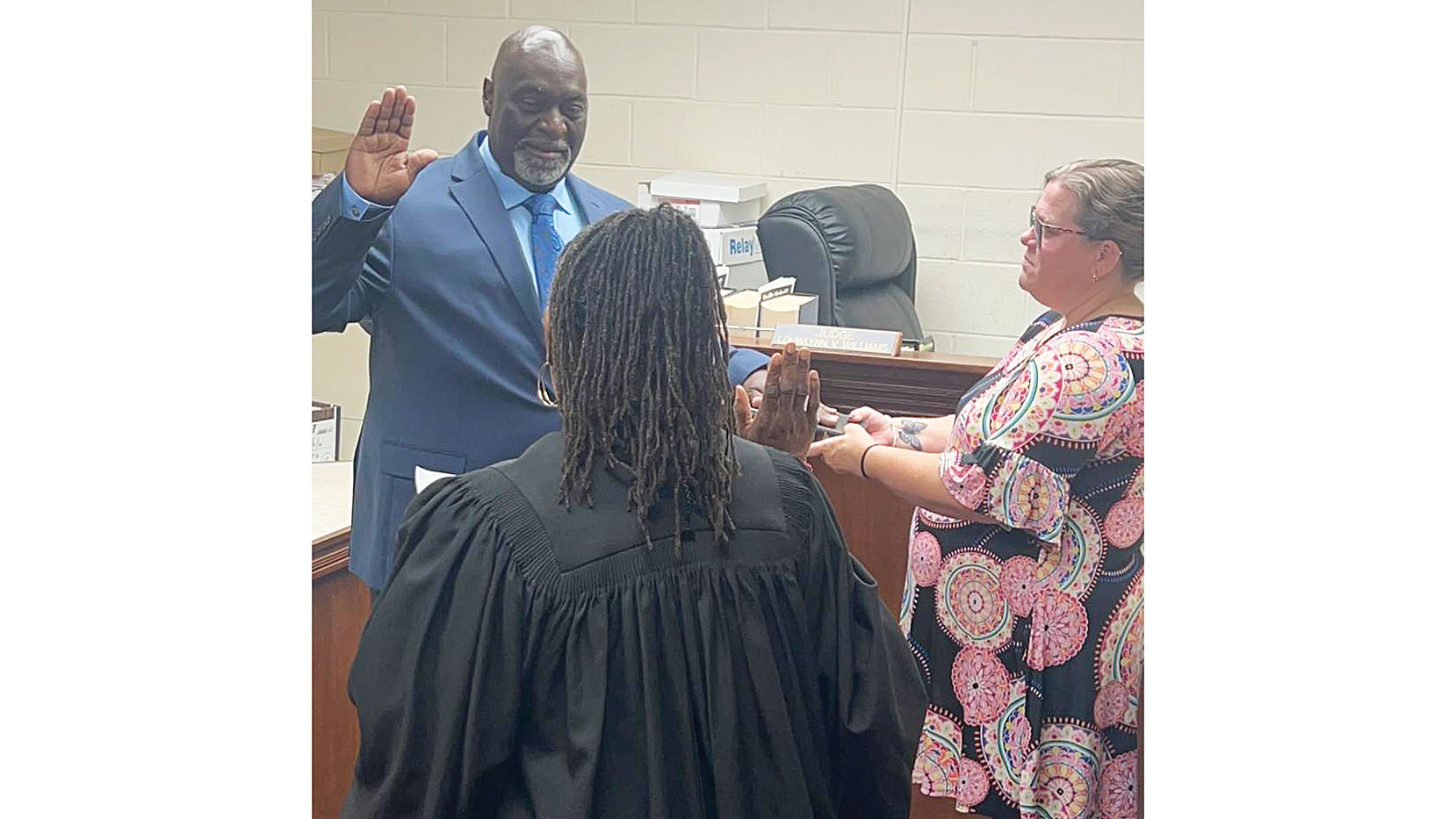Officials differ over impact of wage increase
Published 6:00 am Tuesday, February 6, 2007
With speculation running the gamut from helping the economy tobeing a problem, Brookhaven and Lincoln County officials aredivided on how a potential minimum wage increase will affect thecity and county.
Both houses of Congress have passed bills to gradually raise theminimum wage from the current $5.15 an hour to $7.25 an hour, butthe legislation faces negotiations after the U.S. Senate added taxbreaks to help small businesses offset the cost of the higherwages. In the Mississippi Legislature, the House has passed a billto raise the minimum wage to $7.25, but the Senate has yet toaddress the measure.
Lincoln County Administrator David Fields said a minimum wageincrease itself likely would have little effect on the countybudget. He said almost all employees are already being paid morethan the proposed $7.25 an hour.
“We might have some at $7 an hour, but most road hands are goingto make $7 to $8 an hour minimum,” he said.
Fields said that of the county’s nearly 170 employees, thelowest paid are three part-time workers making $7 to $7.50 anhour.
For Brookhaven, City Clerk Mike Jinks said the wage hikeshouldn’t throw off the city’s budget at all.
“From what I understand, the way it’s set up it shouldn’t affectthe city at all because we’re already paying our workers more thanminimum wage,” said Jinks, pointing out that the lowest any of thecity workers are making at this time is $7 per hour.
Ward Two Alderman Terry Bates said he supports higher minimumwage standards.
“I believe it’s going to help because people are going to workand spend the money, and that brings in tax revenue,” said Bates,who stated that he worked hard to get the city wage raised to $7 anhour when he took office. “I was hoping it would pass some yearsago.”
Currently, there are just a few part-time or new city employeesworking for $7.25 an hour or less. Bates said the wage increasewill simply make it easier for the working class to support whathas become a higher cost of living.
“If the working person is paid more per hour, you’re going tohave more spent in town,” said Bates. “The cost of living is up andwe’ve got to pay the living person.”
Ward Five Alderman D.W. Maxwell was hesitant, stating a worrythat the increase might adversely affect small business owners.
“I hope that it wouldn’t affect the city much at all,” Maxwellsaid. “But I’m sure it will with some of the smaller retailoutlets, that they might not have quite as many people serving thepublic – fast food especially.”
Maxwell and Bates both pointed out that the wage increase couldhelp the city’s disposable income level.
“I think certainly when you have more income, there’s going tobe more turnover in the dollars and I think it will help the cityas far as sales tax collections,” Maxwell said.
Bates expressed his belief that the working class needs a higherwage as an incentive and encouragement to be gainfullyemployed.
“You’re almost encouraging people to be on food stamps andwelfare,” said Bates, in reference to the current $5.15 an hour.”The working man is going to work, but let’s give these peoplewages they’ll work for.”
Alderman at large Les Bumgarner agreed that the hike would endup being a good thing for the city, even insofar as the morale ofworkers is concerned.
“Good jobs make the world go around,” said Bumgarner. “There’sno reason you should work 40 hours a week and not make aliving.”
Still, vague questions linger over what would happen withworkers already making more than the new minimum. The questionsinvolve whether ‘ripple effect’ raises would be given so they wouldnot be considered minimum wage workers and where the money to payfor raises would come from if they are given.
Aldermen cited several factors in how those questions could beanswered.
“The city has some cushion, and we’ll have to look at sales taxcollections; that is the flexible income area,” said Maxwell. “Ifthe sales tax improves as a result of the minimum wage increase,there should be some offset that we weren’t anticipating. But theboard hasn’t been able to meet on this, so I really can’tspeculate.”
Bumgarner said he is not in favor of raising taxes oroverspending to meet any adjustments that need to be made.
He also pointed out a pending annexation would play a large partin reworking the budget as well. Therefore, the city is actuallylooking at starting from scratch in the near future.
“We’re going to have to start all over on a lot of thingsanyway,” he said. “The city work force will increase with theannexation. We’ll have to come up with some figures and work fromthere.”





